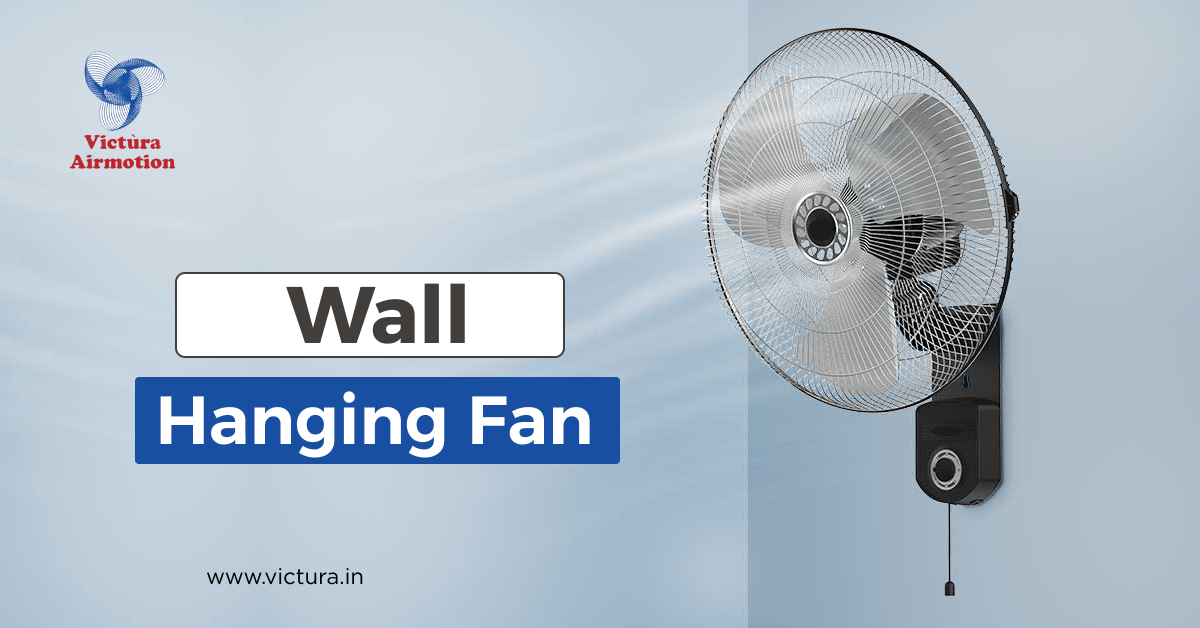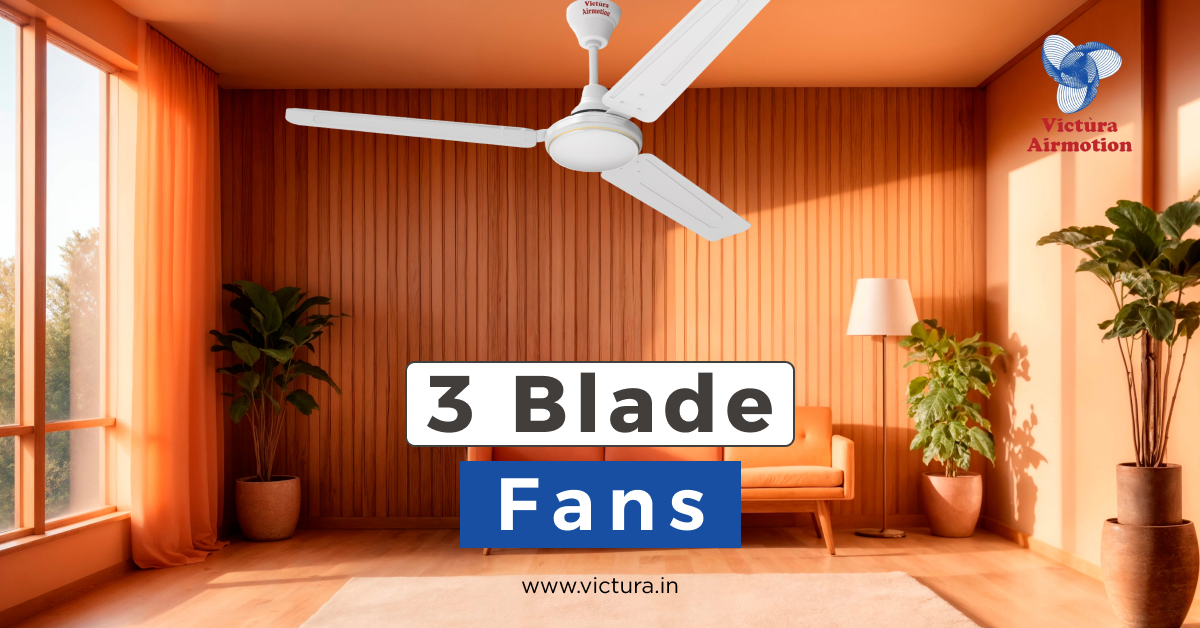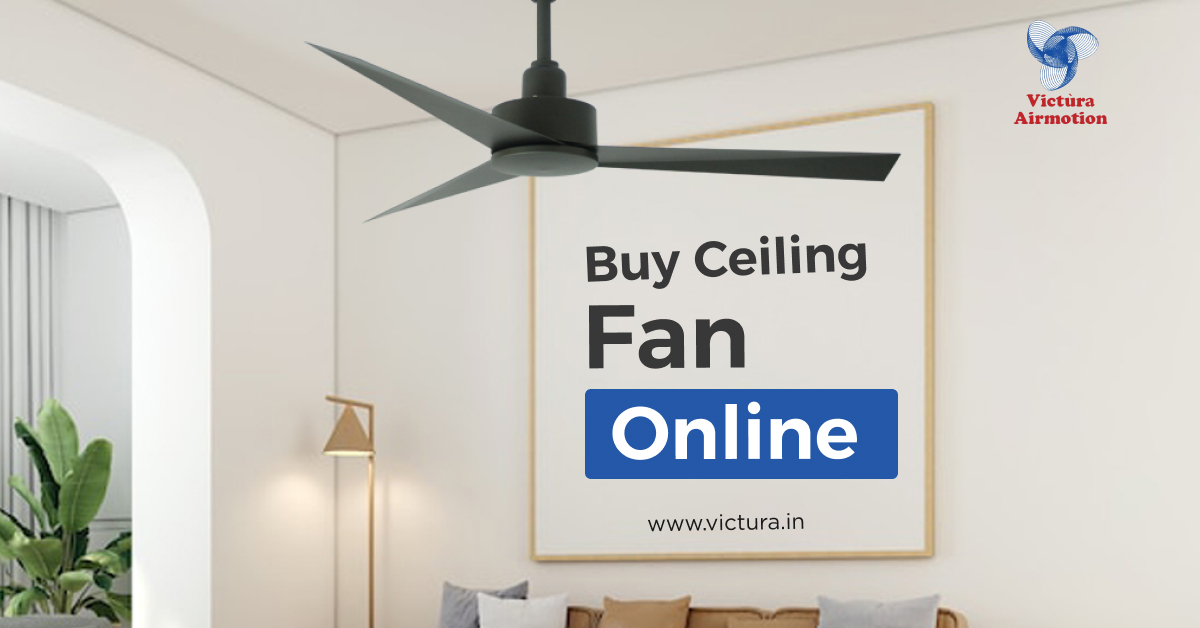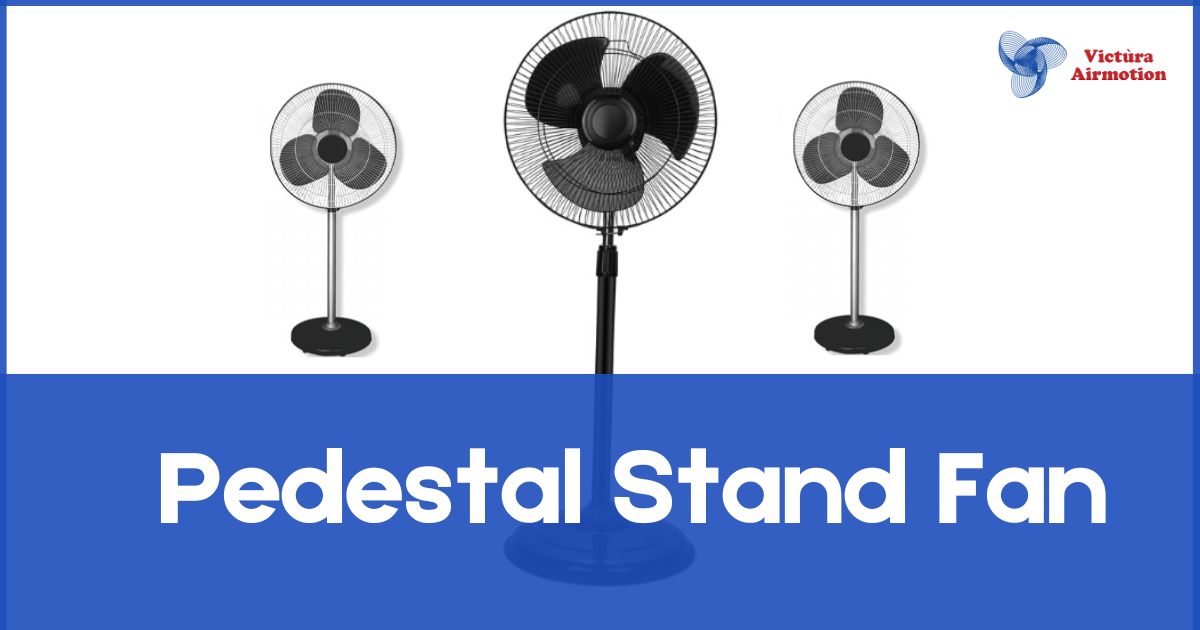9 Inch Exhaust Fans Outperform Larger Units
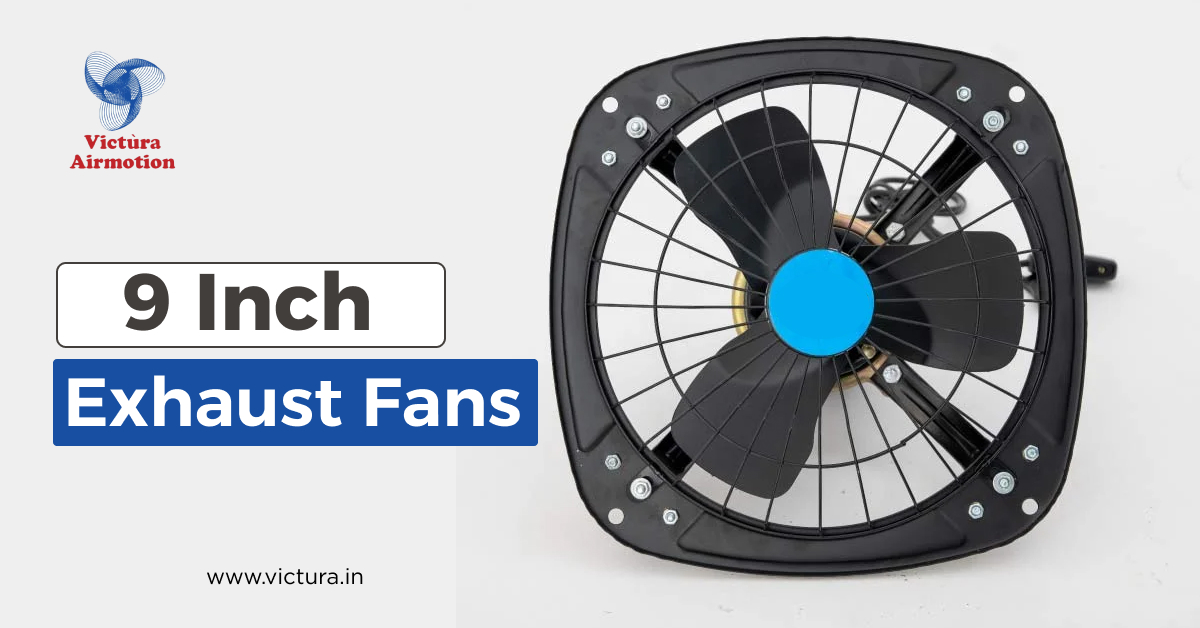
9 Inch Exhaust Fans are good enough sometimes. The "Go big or go home” mindset should not really apply to a tiny 10x10 ft kitchen. You don’t need to pay lots of money to get big exhaust fans installed. You just need to find the right one.
The 9 Inch fan might not seem much, but in the right spot, it can do better than the bigger ones in how well it works, how much power it saves, and how it looks.
Let's see why smaller isn't just more clever, it's often better.
Why Go for 9 Inch Exhaust Fans?
Think small fans are just about being big and strong? Think again. 9 Inch Exhaust Fans are like the smart, quiet kid in class, often looked down on but always does well.
Here’s why you should pick one:
Good for Small Rooms: Great for the kitchen, bathroom, laundry area, or office snack room.
Uses Less Energy: It uses less power but still moves air well.
Quiet: It’s not loud like a big plane, great for homes with old folks, kids, or anyone working from home.
Easy to Install: It fits in small wall or window spots without big fixes.
Saves Money: Being small cuts cost, not just when you buy it, but over time too.
Benefits of 9 Inch Exhaust Fans
Let’s break down how these compact dynamos punch above their weight:
1. Efficient Ventilation
Even though they're small, 9 Inch exhaust fans work well to pull out hot air, smoke, dampness, and smells from tight spaces. They keep the air moving, so bad air doesn't hang around and keep your space fresh.
2. Lower Energy Bills
Big doesn’t always mean better. Larger fans consume more watts, even when you don’t need that much power. A 9 Inch fan consumes just enough electricity to do the job, keeping your energy bills light and lean.
3. Aesthetic Harmony
Big fans can be an eyesore, especially in simple, modern homes. The small size of a 9 Inch fan fits well without ruining how things look.
4. Reduced Noise Pollution
One of the unsung perks of downsizing your exhaust fan is the drop in noise. Most 9 Inch models come with sound-dampening designs that offer whisper-quiet performance, so you can enjoy your home in peace.
5. Ideal for Retrofitting
Upgrading an old ventilation system in a compact space? A 9 Inch fan fits in most existing cutouts or wall spaces, which means no tearing down walls or redoing interiors.
How to Install 9 Inch Exhaust Fans
If you know how to use basic tools or have a good electrician close by, setting up is easy. Here's a quick guide:
1. Pick the Best Spot
In kitchens: Above the stove or near a window.
In bathrooms: Across from the shower to get rid of humid air well.
In utility places: High up, near the ceiling, for best air flow.
2. Make or Use an Open Spot
If your wall or window already has a hole, great. If not, draw a 9 Inch square, then cut it out using the right tools (often a jigsaw for walls or a glass cutter for windows).
3. Set Up the Fan
Many 9 Inch fans have an easy-to-use wall or window setup. Use screws and the bracket that comes with it. Check it's even.
4. Link the Wires
Always turn off the main power before this step. Hook up the fan to the wires already there, best with a switch or timer.
5. Test and Fill
Turn it on and check the air flow. Once it's good, fill any cracks around the fan with silicone caulk to stop air from leaking out.
How to Maintain 9 Inch Exhaust Fans
Like all things at home, taking care of your exhaust fan makes it work well and last longer. This includes your exhaust fan.
1. Dust Each Month
Wipe or use a vacuum with a soft brush to get dust off the blades and cover.
2. Deep Cleaning Every 3 Months
Turn off the power, take off the fan cover, and wash the blades with mild soap and warm water. Make sure they are dry before you put them back.
3. Add Oil (If Needed)
Some types might need oil now and then. Look at your user guide. A little oil can help keep the blades moving well.
4. Check for Weird Noises
If your fan starts to sound strange, it could be from loose screws, dirt buildup, or motor wear. Fix it soon to stop big breaks.
5. Change the Filter (If Needed)
Some fans have filters. Wash or change them like the maker says to.
Why 9 Inch Exhaust Fans Are Better Than Larger Fans?
When choosing between a small 9 Inch fan and a bigger 12 or 15-inch fan, think about what you need. Here's a comparative look:
9 Inch Exhaust Fan
- Kitchens, bathrooms, small offices
- 20–40 Watts
- Low
- ~300–600 CFM
- Easy, minimal tools required
- Simple DIY
- Sleek, compact for modern homes
- Low purchase and energy cost
- Affordable parts, widely available
Larger Exhaust Fans (12” or 15”)
- Large industrial kitchens, halls
- 50–90+ Watts
- Medium to High
- 800+ CFM
- Complex, may need support frames
- Requires professional cleaning
- Bulky, more industrial in appearance
- Higher purchase and energy cost
- Costlier spares, limited availability
Conclusion
9 Inch Exhaust Fans sit above the stove, run quietly, and give off no smoke. It makes you smile when you think about how you used to think bigger fans would be better.
In a time when having less is more, the small 9 Inch fan is a true win. It's a quiet force that keeps the air right in small rooms.
So, if you're fixing up a tiny work spot, making over a small kitchen, or just fed up with loud, big fans, try out the small exhaust fans from Victùra Airmotion. You may find it's stronger than you think.
Frequently Asked Questions
Q1. Is a 9 inch exhaust fan good for a kitchen?
Yes, for sure, for small or mid-sized kitchens. A 9 Inch fan takes out smoke, heat, and smells well without using too much power or taking up too much space.
Q2. Are exhaust fans expensive?
Not really. Simple ones are easy to buy, and even the high-end ones with more features are at a fair price. Plus, they save money on energy in the long run.
Q3. How to choose exhaust fan size?
Match the fan size with the size of your room. For small places like tiny kitchens or bathrooms, a 9 Inch fan is good. Bigger rooms may need fans that are 12 inches or more to work properly.
Q4. Which exhaust fan is better, plastic or metal?
Both are good in their own ways. Plastic fans make less noise, are light, and won't rust, great for wet places. Metal fans are strong and best for places that get a lot of use, like big kitchens.
Q5. How long do exhaust fans last?
With good care, most fans work for about 5 to 10 years. Clean them often and keep them clear of dust to help them last longer.
Q6. Do exhaust fans use a lot of electricity?
Not much. Many fans, especially 9 Inch kinds, use between 20-40 watts, much less than many other things at home.
Note: IndiBlogHub features both user-submitted and editorial content. We do not verify third-party contributions. Read our Disclaimer and Privacy Policyfor details.



